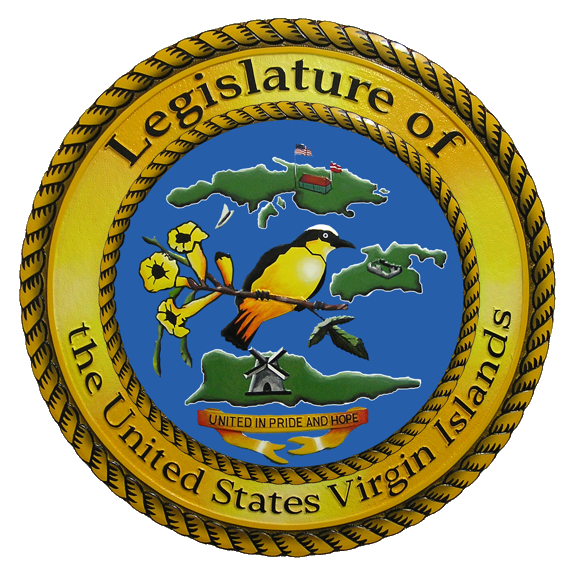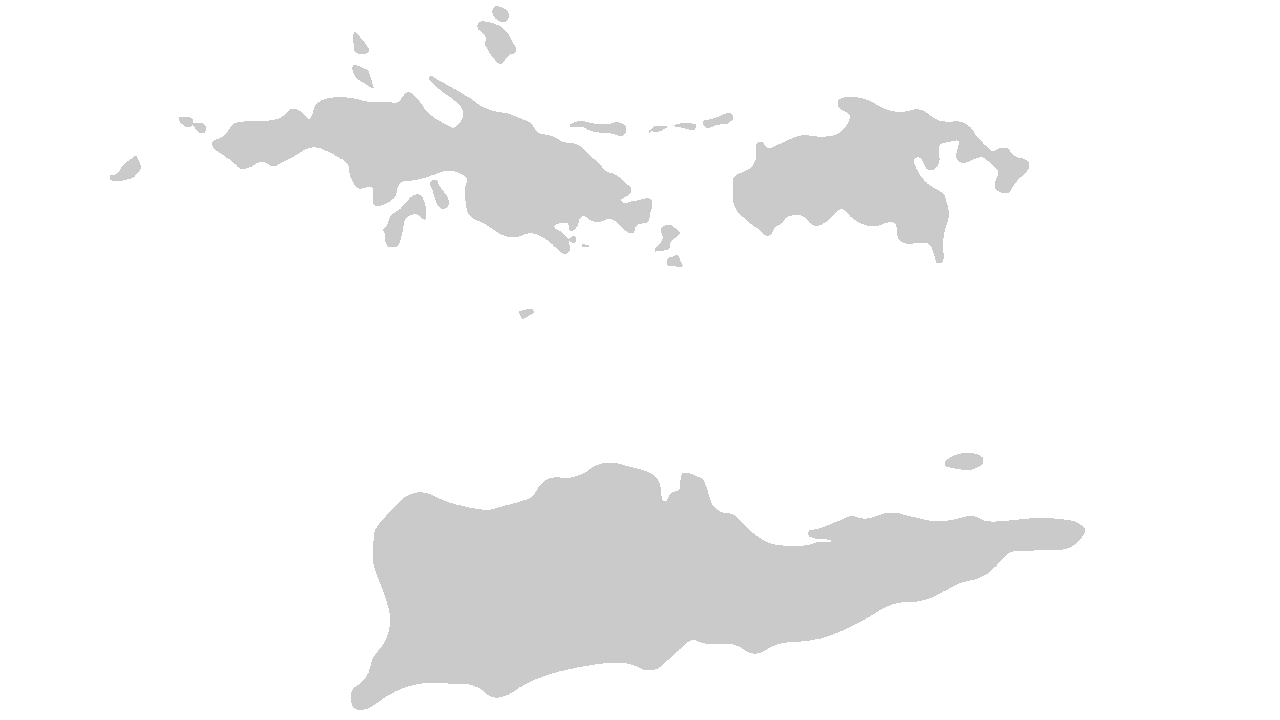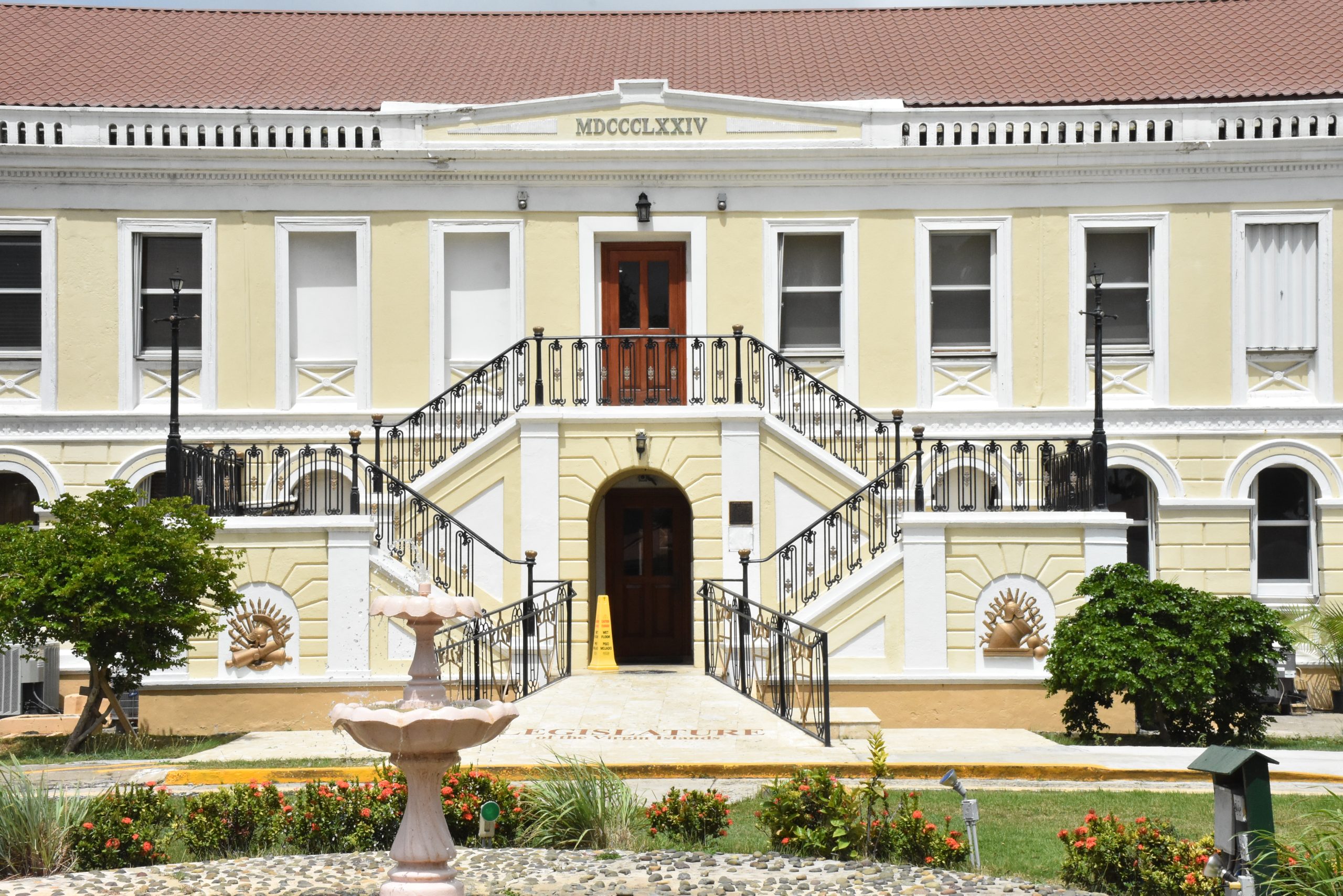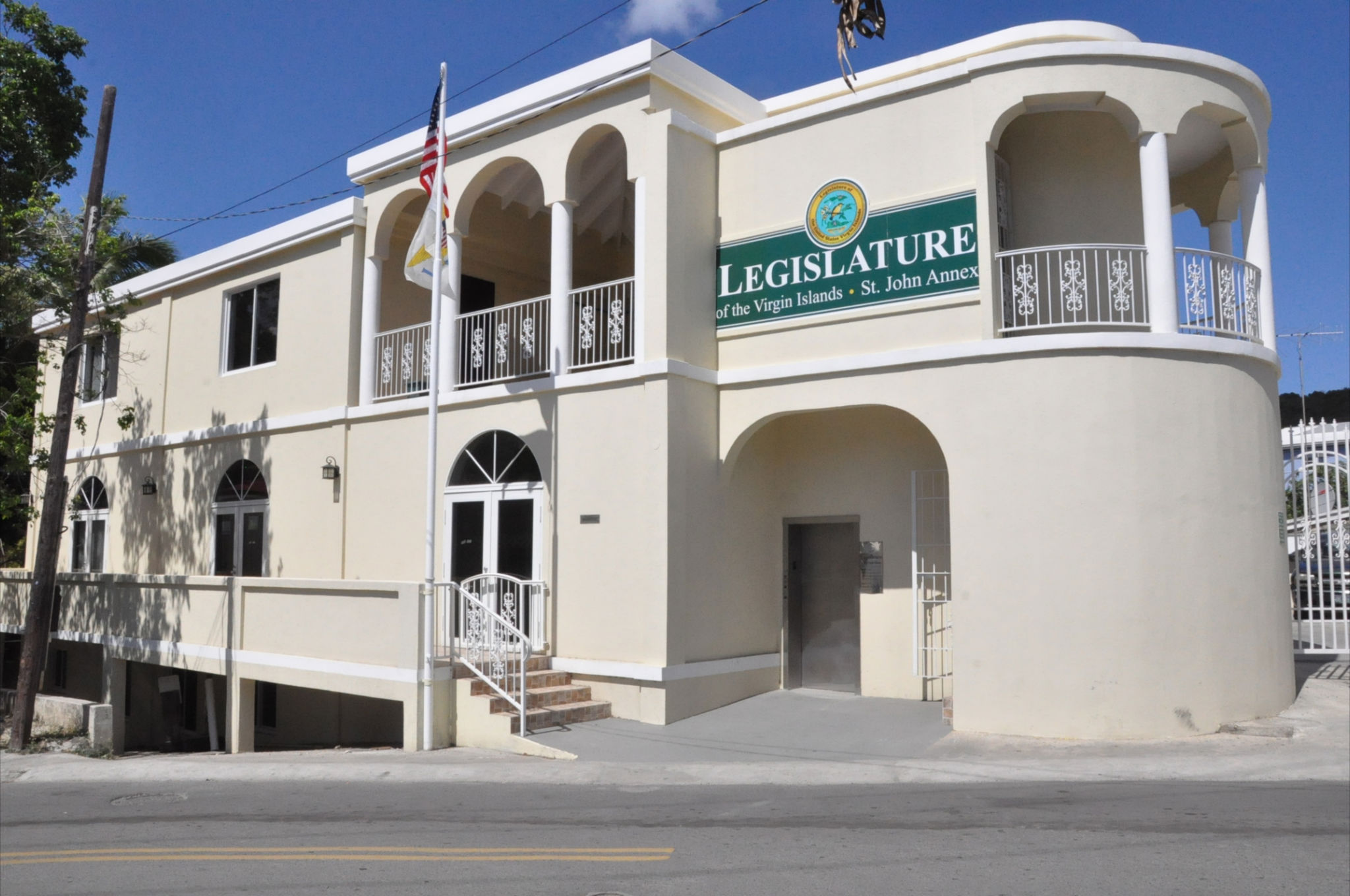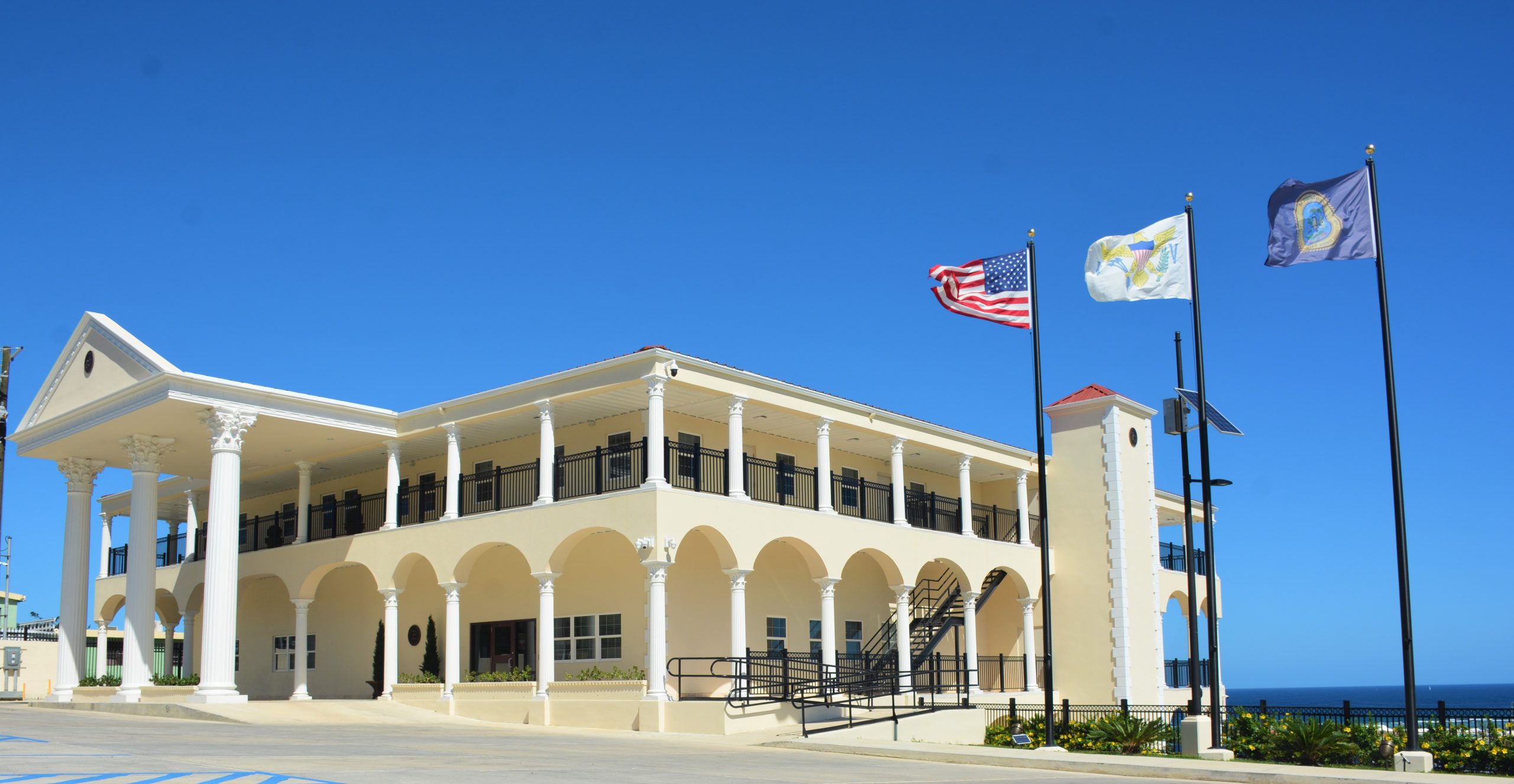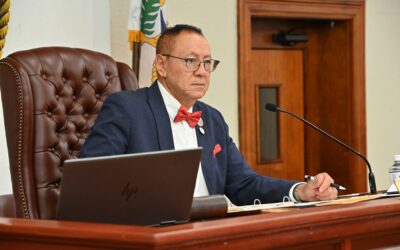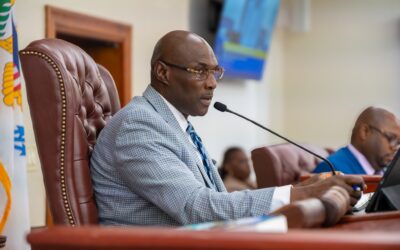ST. THOMAS – The 35th Legislature of the Virgin Islands’ Committee on Health, Hospitals and Human Services, led by Senator Ray Fonseca met in the Earle B. Ottley Legislative Hall. Lawmakers considered measures to increase access to behavioral health services and to create a territorial kidney disease and diabetes registry.
Lawmakers considered Bill No. 35-0224, an act amending Title 19, Part V, Chapter 45, Subchapter VI to increase access to behavioral health services, with a focus on a Psychiatric Emergency Response Team to provide mobile crisis intervention services, and the 9-8-8 telecommunication system. The measure was sponsored by Senator Diane T. Capehart.
Justa Encarnacion Commissioner, Department of Health, delivered testimony. The Department endorsed the proposed measure. The Department of Health’s Division of Behavioral Health has successfully activated the “9-8-8” line in the territory. However, the bill is important in making sure that the call is answered locally in codifying the federal 9-8-8 mandate. Many communities in the mainland United States have embraced the 9-8-8 crisis line and have many success stories. The crisis line has served as a point of intervention, reducing response time during behavioral health crisis, and ensuring help arrives when it is needed. The crisis line has helped in dismantling the stigma surrounding behavioral health. Mobile Crisis Response teams represent a transformative model, stating that timely and specialized assistance can make a difference with those facing emotional distress.
David Hall, President of the University of the Virgin Islands delivered testimony. Hall stated that the University of the Virgin Islands supported the measure. Hall mentioned that the university was aware of the challenges and lack of resources regarding mental health services in the territory. Hall stated that the unmet need for mental services has remained, despite major efforts, and stated that more needed to be done. Hall mentioned that the need for mental health support has increased due to traumatic events such as Hurricanes Irma and Maria in 2017, as well as the COVID-19 pandemic. Universities nationally have seen an increase in those who state they have had mental health and emotional challenges. Hall, noting the section of the proposed measure requiring the center to “serve at risk and specialized populations…” asked that linguistically and culturally competent care as well as training requirement for transferring 9-8-8 calls be required. He stated that we often assume that mental health care is a “one size fits all” approach.
Lisle Evelyn, Assistant Director of VI Fire and Medical Services delivered testimony on behalf of Anthony Stevens, its Acting Director. Evelyn stated that the department supported the proposed measure. Mental health emergencies are on the rise, and having a comprehensive plan to provide help and intervention is incredibly important. The establishment of a Psychiatric Emergency Response Team is a great initiative that aligns with practices within emergency services. Having a team trained to handle psychiatric crisis will make sure that there is a more empathetic response to those who are experiencing mental health crisis. It was mentioned that those at Fire and Emergency Services frequently encounter situations where people need behavioral health support.
Testimony was read into the record from Ray Martinez, the Commissioner of the Virgin Islands Police Department. The Department supported the proposed legislation. Martinez’s testimony stated that the Police Department has experienced limitations with its behavioral crisis response. According to testimony, the introduction of a psychiatric emergency response team, in addition to the 988 system, is a necessary opportunity to reimagine how the territory can response to those who need assistance. The police department would continue to be the primary responding agency until the Department of Health develops a robust team. The Police Department, through its academy would continue to provide basic training in de-escalation, and how to identify those having a mental health crisis. Annual recurrent training would be required of all law enforcement offices. Communication policies would also be revisited to make sure they are in line with 9-8-8 requirements. Chairperson Fonseca reminded the body that the way a community treated those with mental health problems was indicative of where they were as a people. According to Fonseca, 1/4th of all people may eventually develop some form of mental health issue.
Lawmakers also considered Bill No. 35-0207, an act amending Title 19, Virgin Islands Code, Part I, adding Chapter 6a to create the Territorial Chronic Kidney Disease and Diabetes Registry. The measure was sponsored by Senator Ray Fonseca. There are 219 hemodialysis patients in the territory, 126 in St. Thomas and 93 in St. Croix. These patients must have treatment twice a week, four hours per day.
Justa Encarnacion, Commissioner of the Department of Health delivered testimony. Encarnacion stated that the establishment of this registry would serve as a pivotal shift in the USVI’s approach to medical management of chronic kidney disease and diabetes in the territory. The two conditions are interlinked, as diabetes is a leading cause of chronic kidney disease. Diabetes and chronic kidney disease are also precursors to End State Renal Disease, which would then require a kidney transplant for survival. Type II Diabetes, when combined with Type I diabetes, is the 6th leading cause of death in the US Virgin islands. It affects 15.93% of the population, or about 11,161 persons. Chronic kidney disease affects 1.5% of the population. In 2016, the USVI diabetes prevalence rate was 12.7%, affecting 10,382 persons. The prevalence of individuals with diabetes is increasing in the territory. The registry would have many benefits to the Virgin Islands. It would serve as a resource for policy makers and public health officials, offering data to shape public health strategies. It would be important to identify high-risk populations, guide resources, and evaluate the impact of public interventions. This database would also help the territory to make sure it is properly equipped to care for persons with these diseases.
Bill No. 35-0207 was voted upon favorably and will be sent to the Committee on Budget, Appropriations and Finance for further consideration. Bill No. 35-0224 was held in Committee at the call of the chair.
Senators present at today’s Committee hearing included Ray Fonseca, Diane T. Capehart, Novelle E. Francis, Jr., Donna A. Frett-Gregory, Marise C. James, and Milton E. Potter.
The Division of Public Affairs is committed to providing the community with accurate information on legislative proceedings and other events at the Legislature of the Virgin Islands. Visit legvi.org.
####
